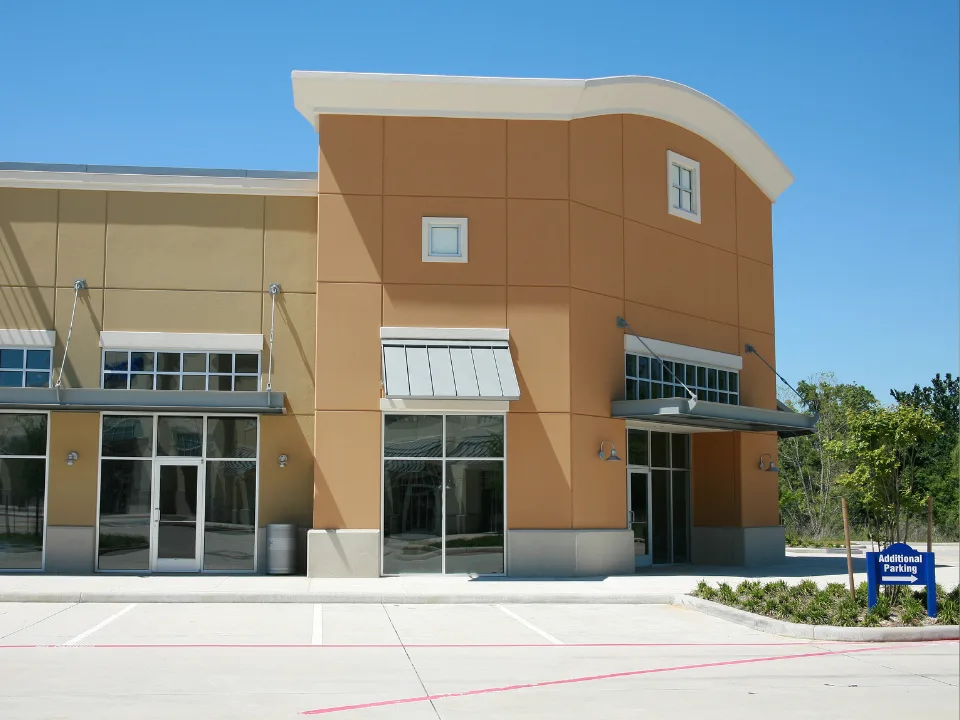- Variety Wholesalers will acquire 200–400 Big Lots stores and up to two distribution centers, ensuring the continuation of the Big Lots brand.
- Variety Wholesalers may retain Big Lots associates, providing job security to corporate and store-level employees.
- The deal is facilitated by Gordon Brothers, a restructuring specialist managing the transfer of Big Lots assets.
Big Lots, a Columbus, OH-based discount retailer, has found a lifeline after filing for Chapter 11 bankruptcy in September. According to CoStar, Variety Wholesalers, a North Carolina-based company with a portfolio of discount stores, plans to acquire and operate 200–400 Big Lots locations under the same brand and potentially retain two distribution centers.
Variety Wholesalers operates over 400 stores under banners such as Roses, Maxway, and Super Dollar. The deal aligns with its growth strategy in the Southeast and mid-Atlantic regions.
Big Lots CEO Bruce Thorn expressed gratitude for the deal, emphasizing its importance in preserving jobs, maintaining brand continuity, and maximizing value for creditors during bankruptcy.
Get Smarter about what matters in CRE
Stay ahead of trends in commercial real estate with CRE Daily – the free newsletter delivering everything you need to start your day in just 5-minutes
Why It Matters
This acquisition is significant for Big Lots, which faced imminent liquidation after its earlier sale attempt fell through. For Variety Wholesalers, adding Big Lots stores represents a major expansion of its footprint in the discount retail market.
Preserving the Big Lots brand also offers a win for employees and loyal customers, mitigating the impact of the retailer’s financial struggles.
What’s Next
The sale is subject to bankruptcy court approval and customary conditions. Variety Wholesalers is expected to finalize operations and determine how many stores will be retained. Gordon Brothers specializes in restructuring and asset management and will oversee real estate matters for the transition.
This deal is a notable example of retail consolidation and the ongoing challenges facing the discount sector amid evolving consumer trends and economic pressures.
















